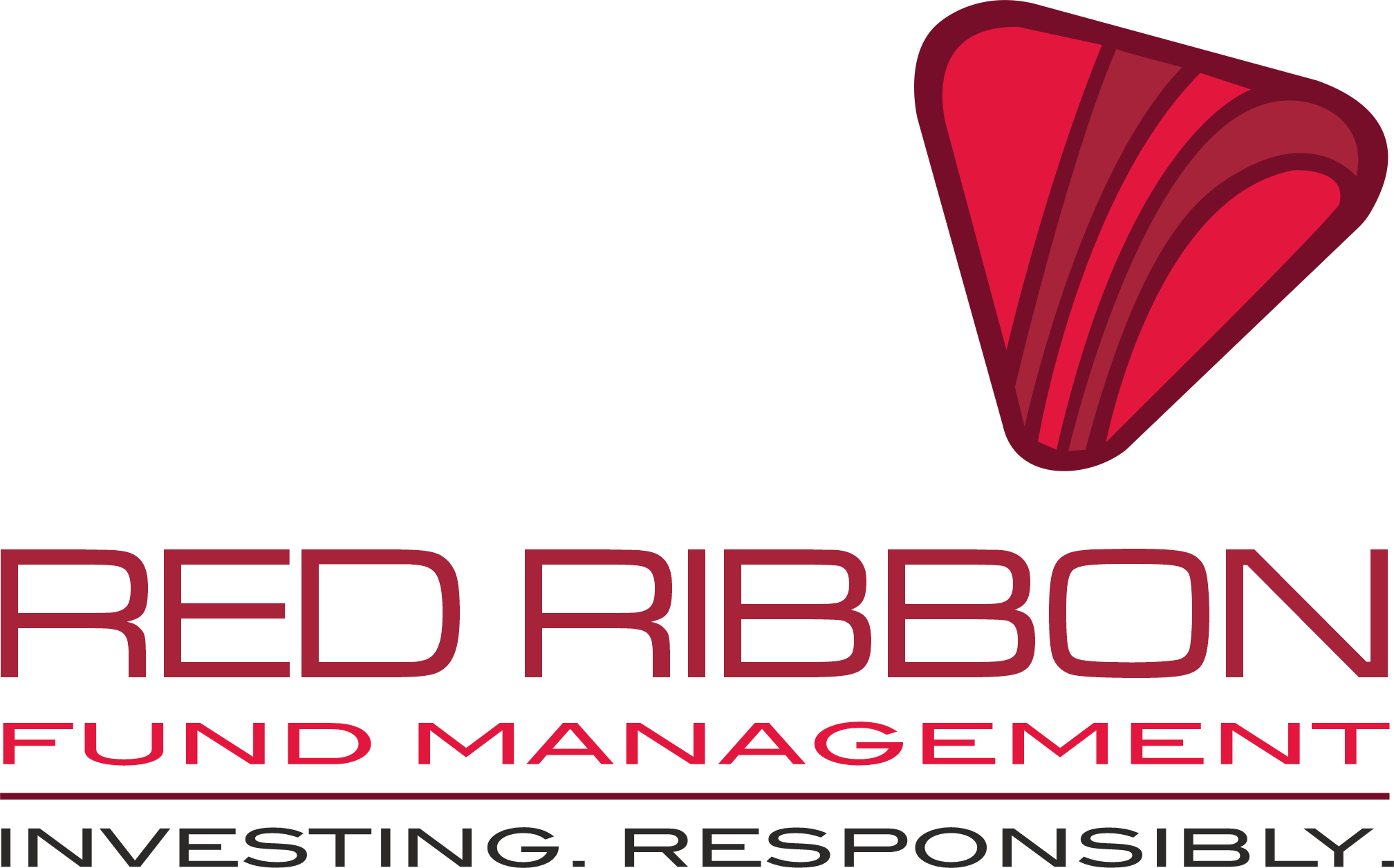Turnover is vanity, cash is sanity…but the buckle on hospitality’s belt is ESG
It’s tough enough being in business these days: think WeWork, which soared to a market cap of $47 Billion, and then filed for bankruptcy (this month), all within the space of fifteen short years. Last year, WeWork generated annual operating revenues of $3.24 Billion, and losses of $2 Billion, which starkly illustrates the core failure of its operating model: it doesn’t matter how much you collect from your customers, the point is to keep enough of it to stay in business…and grow. The same goes for Carillion, formerly a member of construction’s aristocracy, but it collapsed in 2018 after struggling for years on a hopelessly thin profit margin of 0.02%. As the old adage goes…turnover is vanity, cash is sanity.
Nobody reading that (or almost nobody…take a bow Sam Bankman-Fried), could possibly fail to understand the fundamental reason for WeWork and Carillion’s failure: but it’s a lot harder to understand what was going on among their highly paid coterie of senior and executive management: because, for years now, we’ve had a tried and tested system that joins up the dots between those crucial top and bottom lines…businesses with any sort of ambition to stay around for the long term use Metrics to stay on top of how they’re doing now: and the expansive list of key performance indicators (KPIs) will always include metrics for bottom line revenue and net profitability. Of course, reading the data (or at least reading it intelligently), is a different matter altogether…
Every commercial sector now has its own specially tailored set of KPIs, each reflecting the management imperative of top and bottom-line cohesion.
UK Hotels and Hospitality
Take UK Hotels and Hospitality for example: the relevant metrics will invariably include Total Available Rooms (TAR), where the number of rooms available for occupation is multiplied by number of days in the relevant period to produce capacity and revenue targets; then there’s the Average Daily Rate (ADR), which measures headline performance by reference to individual rooms over any given period (dividing income for each room by the number of paid rooms occupied); and the hotel can also assess its overall success in filling those rooms by looking at RevPAR metrics (revenue by available room). Prudent management will also be looking closely at Average Occupancy Rates (AOR), and Gross Operating Profit by room (GOP PAR)…and the list goes on (and on)… but you get the message, so I won’t labour it.
ESG Metrics
I do, though, want to highlight here the growing importance of ESG Metrics for the UK Hotel Sector, especially given the Sector’s place within an ever more sophisticated regulatory structure: for example, COP26 created an International Sustainability Standards Board (ISSB: www.ifrs.org), which will pave the way for more consistent ESG reporting, as well as an overall strengthening of capital markets. And for UK operators with outlets on the Continent, we already have, since December last year, the Corporate Sustainability Reporting Directive (https://eur-lex.europa.eu/ s://eur-lex.europa.eu/). Complying with these evolving standards will in the future become just as important as it is now to keep track of bottom line performance metrics: perhaps even more important, bearing in mind the vast majority of hotel investors now put ESG compliance at the top of their list when deciding where to put their money, and that’s been the case too for an overwhelming number of business and leisure travellers for at least the last decade (www.virtuoso.com).
So the lesson is simple: ignore accurate ESG modelling and your new hotel likely won’t get built, or, if it is, it certainly won’t be full. That’s how important sustainability metrics have become, when it comes to joining up the dots between top and bottom.
Red Ribbon Phoenix Green Hotel Fund (www.redribbon.gi/phoenix-green-hotel)
The Red Ribbon Phoenix Green Hotel Fund operates at the cutting edge of fast-moving hospitality markets: playing an integral role in the facilitation, development and refurbishment of ESG-compliant hotels that each have sustainability at heart, as well as overseeing the complex dynamics of every project to maximise operational efficiencies. The Fund has also long been committed to adopting emerging technologies capable of optimising the allocation of energy and water resources.



.jpg?width=150&height=150&name=esg%20(2).jpg)